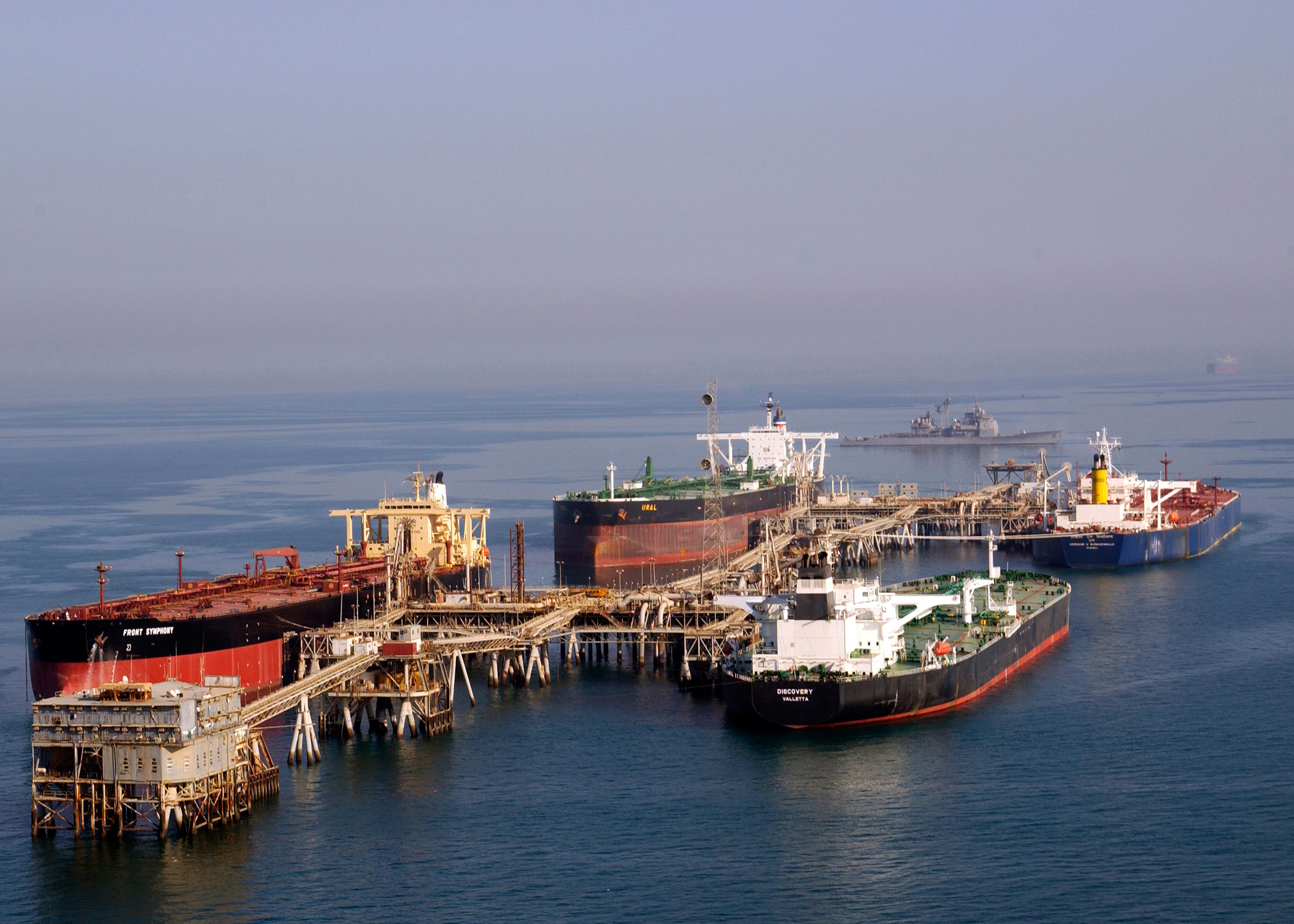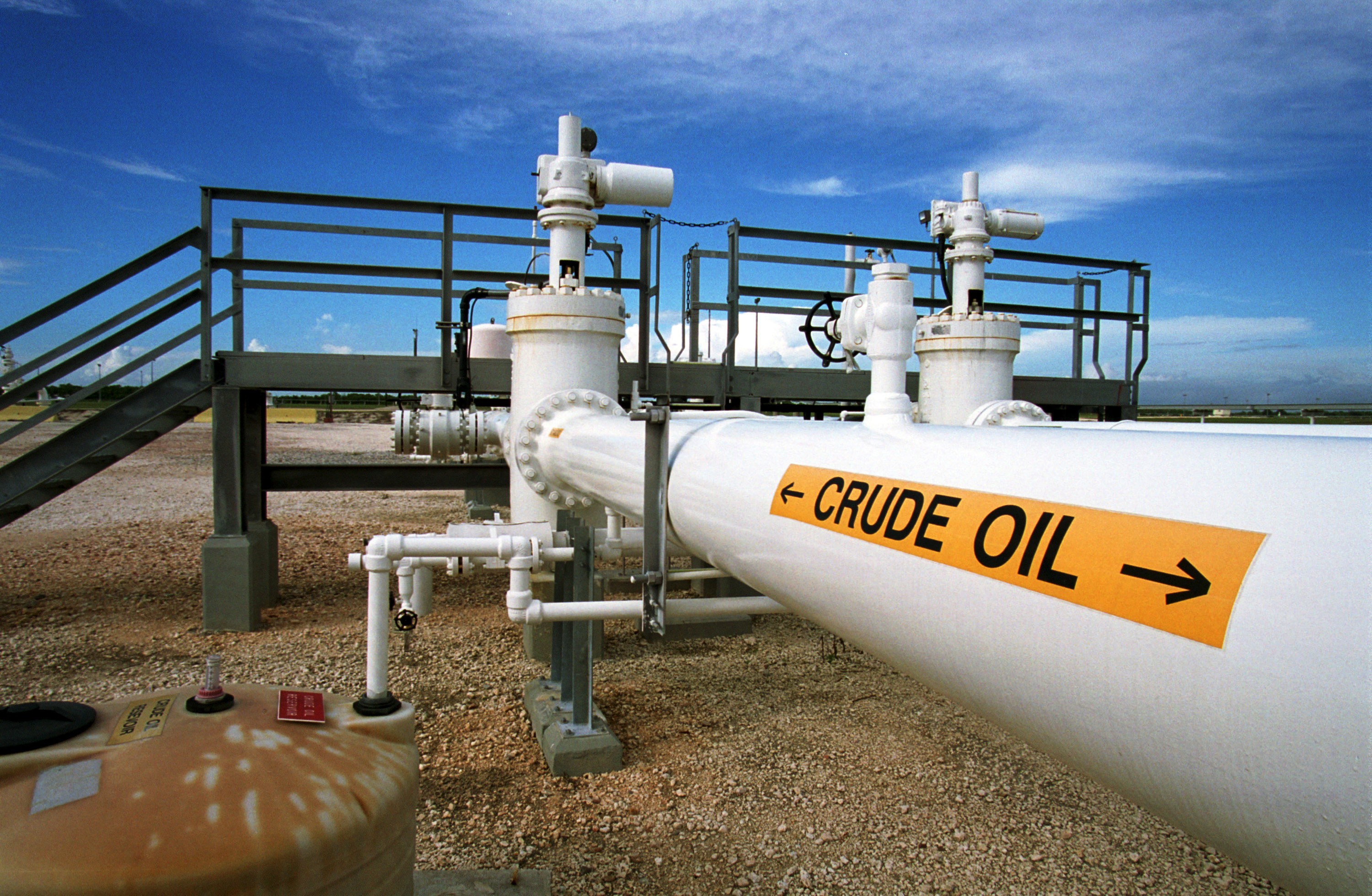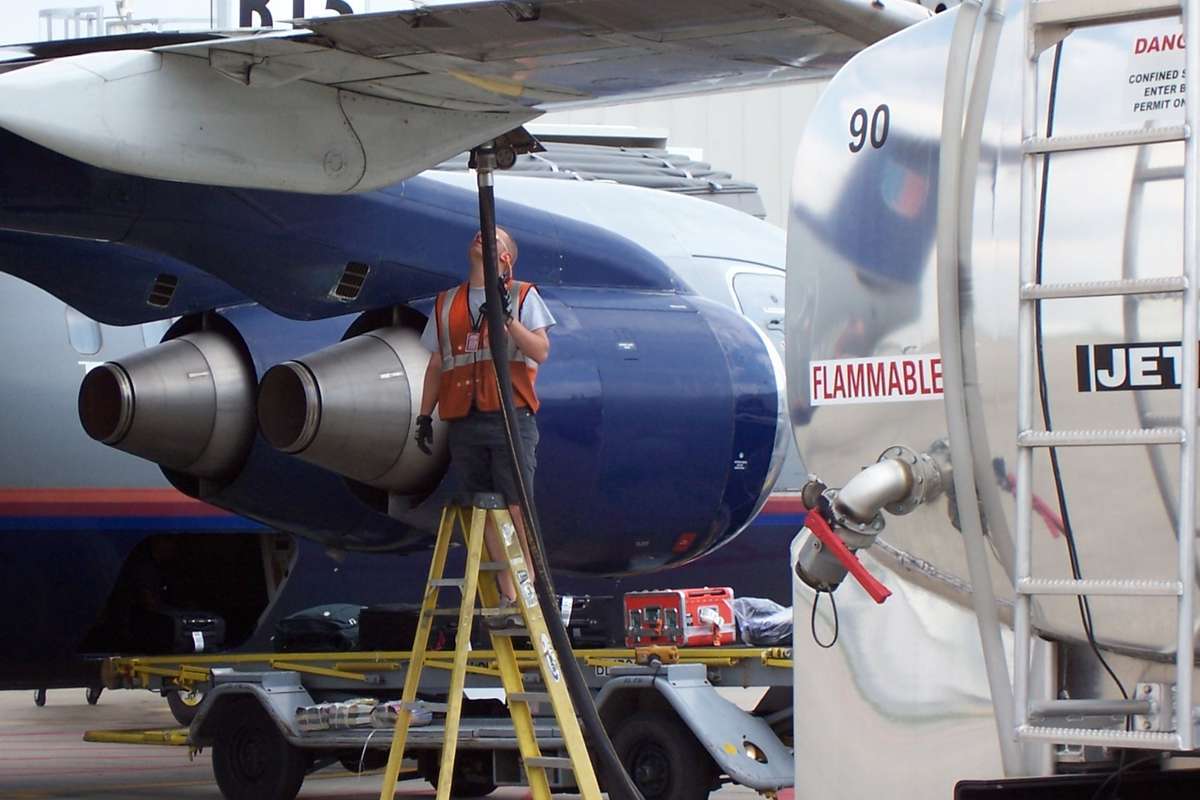Nearly all procedures in a Sales Purchase Agreement (SPA) between a seller and a buyer call for the seller’s bank to issue a financing instrument such as DLC-MT700 or SBLC-MT760 first. These LCs trade drafts, not time drafts, and are non-operative, meaning they are not yet active and confer no obligation to the buyer’s bank to make any payment. Also, the seller’s bank may be willing to issue a loan in order to cover the expenses related to obtaining, shipping, and delivering the crude oil. The loan will be based on a number of factors such as past successful transactions by the same seller, payment history, creditworthiness of the seller, the buyer and its credit history, and the financial and reputational strength of the buyer’s bank, among others. Unlike what many erroneously claim, trade drafts could not be used as an investment note so a seller can discount it and obtain money for it, have it traded, and then escape town!; They are used only for a commercial transaction. I hope I have now busted that myth once and for all.
The buyer’s bank will then issue a Performance Bond (PB), usually in the amount of 2% of the total transaction amount. For example, if the gross transaction amount is expected to be USD $100 million, the PB will be for USD $2 million. This PB will then activate the LC issued by the buyer’s bank. So far, so good. But, where is the problem?! Let’s take a closer look.
Each instrument costs money. A DLC or SBLC in the amount of USD $100 million could cost anywhere between 0.30%-6.00%, or USD $300,000-600,000, even if the instrument is non-operative. The 2% PB, too, costs close to 1%, or around USD $20,000 for USD $2 million.
The problem is buyers and sellers do not trust each other. Buyers do not think the seller exists; They think they are being scammed by a con artist who has no access to a seller. Equally as disenchanted, sellers think the buyer will not deliver on its promise to issue the LC after receipt of the non-operative PB. In effect, they are both right in their approach, especially when they have not done business with each other in the past. Even if they have, there is no solid guarantee either one of them will meet its obligation in future. It sounds counter-intuitive that neither one will deliver because they want to consummate a transaction. However, there is still no guarantee of performance if either party decides to back out on the 11th hour. This scenario is plausible. What is the solution?
There should be a stick for either party. This lack of trust could be addressed via a signed contract that will act as an IOU instrument: the party who fails to issue the instrument will owe a substantial amount of at least USD $500,000 to the other party. If they both deliver, this contract becomes null and void immediately. The contract’s amount has to be large enough to compensate the aggrieved party for its time, loss of funds and its use, commencing legal action, and pursuing collection in possibly two different countries.
The said agreement could be ideally arbitrated through ICC International Court of Arbitration, Swiss Chambers’ Arbitration Institution (SCAI), or London Maritime Arbitration Association (LMAA).
Each party should seek the advice of an attorney who specializes in international trade in the country of the other party before or during the drafting of the agreement in order to assess the legal and collection paths, which are dictated by the judicial process in the country of the defending party. No one wants to have a judgment, yet not be able to collect only because the legality of the award may be thrown out by the courts in the country of the losing party.
If both parties are serious, sincere, and transparent, agreeing to such a contract should not pose any problem for either party even if the buyer is a refinery.
Globe Commodity Traders is the mandate for a few sellers of Bonny Light crude oil in Nigeria. If you are a buyer, a private reseller, or a refinery, feel free to contact us here.



